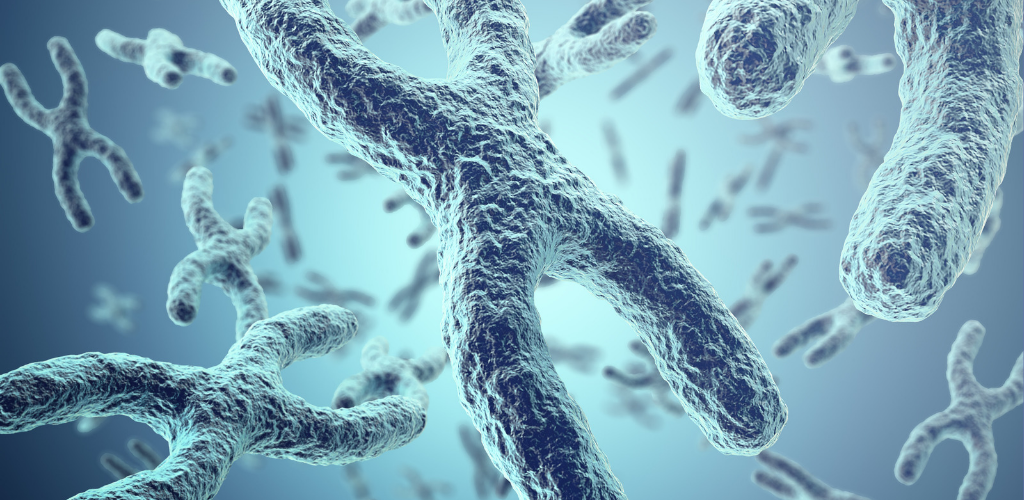Chromosomal microarray (CMA) is a genetic test that can detect changes in the number or structure of chromosomes in the genome. CMA can help diagnose various genetic conditions, such as developmental delay, intellectual disability, autism spectrum disorders, or multiple congenital anomalies. In this blog, I will explain what CMA is, how it works, when it is ordered, and what the results mean.
What is Chromosomal CMA?
CMA is a type of molecular cytogenetic test that uses microchip technology to analyze thousands of segments of DNA at once. Each segment of DNA, called a probe, corresponds to a specific location on a chromosome. By comparing the amount of DNA from the patient’s sample to a reference sample, CMA can identify regions of the genome that have too many or too few copies of DNA, also known as copy number variants (CNVs). CNVs can cause changes in gene expression or function, which may lead to various phenotypes or diseases.
How does CMA work?
To perform CMA, a patient must provide a specimen, such as blood or buccal swab. The DNA from the patient’s sample is extracted and labeled with a fluorescent dye. A control sample, usually from a healthy individual, is also labeled with a different dye. The two samples are then mixed and hybridized to a microarray chip, which contains thousands of probes that cover the entire genome. A scanner is used to measure the fluorescence intensity of each probe, which reflects the amount of DNA from each sample. A computer software then analyzes the data and generates a plot that shows the relative copy number of each probe along the chromosomes. Regions of the plot that deviate from the expected ratio indicate CNVs, such as deletions or duplications.
When is CMA ordered?
CMA is recommended as a first-tier test for postnatal individuals who have multiple anomalies that are not specific to well-delineated genetic syndromes, apparently nonsyndromic developmental delay or intellectual disability, or autism spectrum disorders. CMA can also be used as a follow-up test for individuals who have unexplained developmental delay or intellectual disability, autism spectrum disorders, or congenital anomalies with a previously normal conventional chromosome study. CMA can also determine the size, precise breakpoints, gene content, and any unappreciated complexity of abnormalities detected by other methods, such as conventional chromosome and fluorescence in situ hybridization studies1. CMA can also assess regions of homozygosity related to uniparental disomy or identity by descent.
What do the results mean?
The results of CMA can be classified into three categories: pathogenic, benign, or uncertain significance. Pathogenic CNVs are those that are known or likely to cause a disease or phenotype. Benign CNVs are those that are common in the general population and do not cause any adverse effects. Uncertain significance CNVs are those that have insufficient or conflicting evidence to determine their clinical relevance. The interpretation of CMA results depends on various factors, such as the size, location, gene content, inheritance, and phenotypic correlation of the CNVs. The results of CMA should always be confirmed by an independent method and interpreted in the context of the patient’s clinical and family history. The results of CMA may also have implications for the patient’s relatives, who may be at risk of having or passing on the same CNVs. Therefore, genetic counseling is recommended before and after CMA testing to provide information, support, and guidance to the patient and their family.
Conclusion
CMA is a powerful and comprehensive genetic test that can detect chromosomal abnormalities that may cause various genetic conditions. CMA can provide valuable information for the diagnosis, prognosis, management, and treatment of patients with developmental delay, intellectual disability, autism spectrum disorders, or multiple congenital anomalies. CMA can also help identify the underlying genetic causes of diseases that are not detected by conventional chromosome studies. CMA is a useful tool for clinical practice and research, as it can improve our understanding of the genomic basis of human health and disease.




